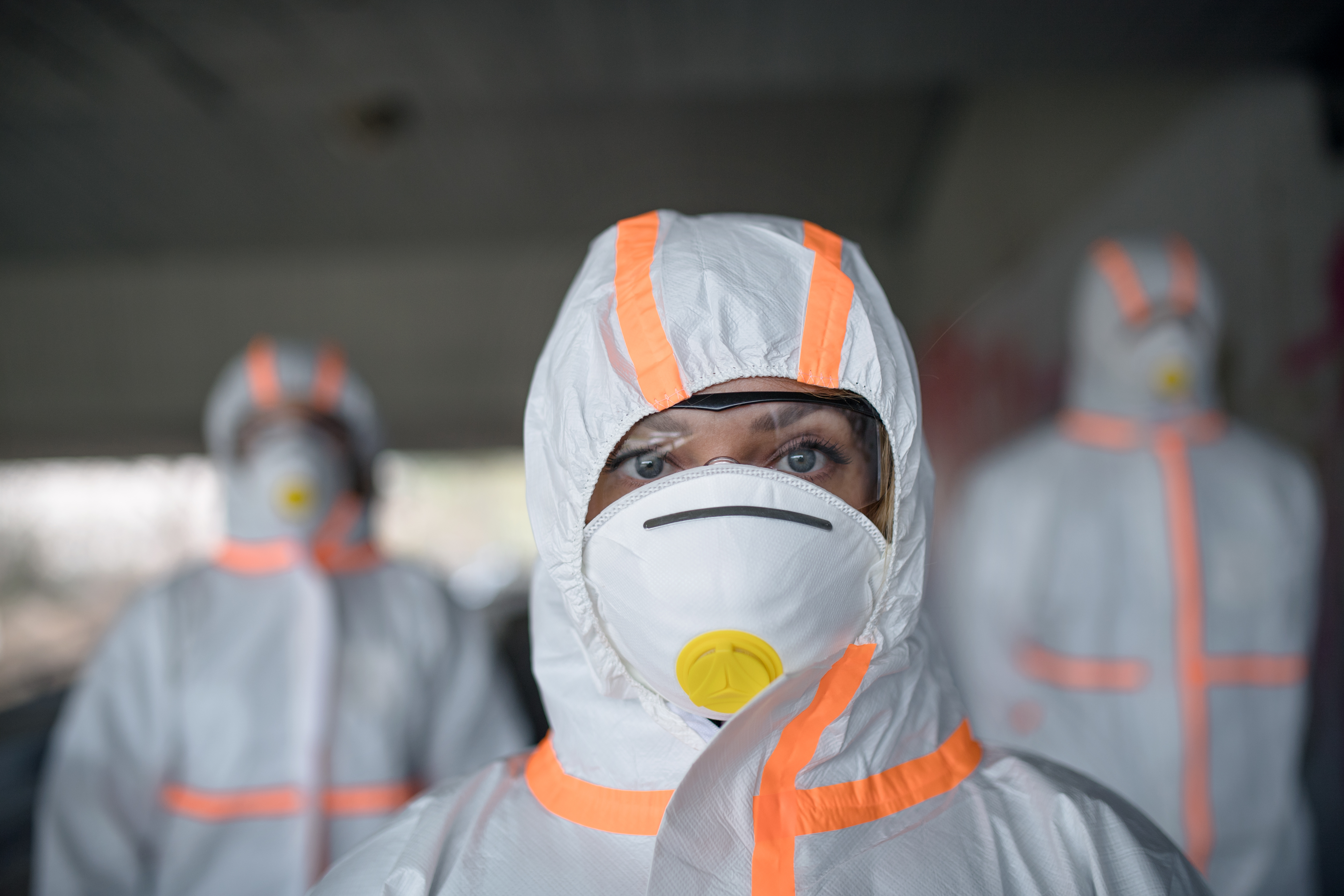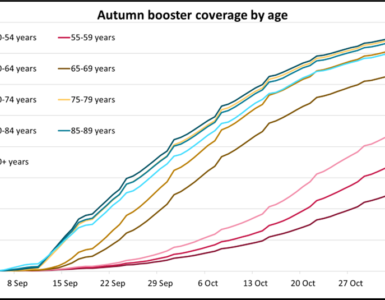Bulletin 1
Government responses to the Coronavirus are heavily informed by models. In the UK, one of the main models used is that developed by Professor Neil Ferguson’s team at the MRC Centre for Global Infectious Disease Analysis, Imperial College London. This type of model incorporates behavioural elements to help users consider the impacts of different policies (for instance, school closures).
It is a truism that all models are wrong in some respects. But models of the spread of COVID-19 are particularly susceptible to ‘parameter error’. This is because of the lack of reliable data so far, and the fact that changes (such as new ‘lockdowns’) will materially change some of the parameters in hard-to predict ways.
We have studied the paper ‘Impact of non-pharmaceutical interventions (NPIs) to reduce COVID-19 mortality and healthcare demand’ with knowledge of many of the associated modelling issues. We believe that the Government’s response is based on an appropriate methodology. It appears that the modellers have taken reasonable care in calibrating the model parameters.
















